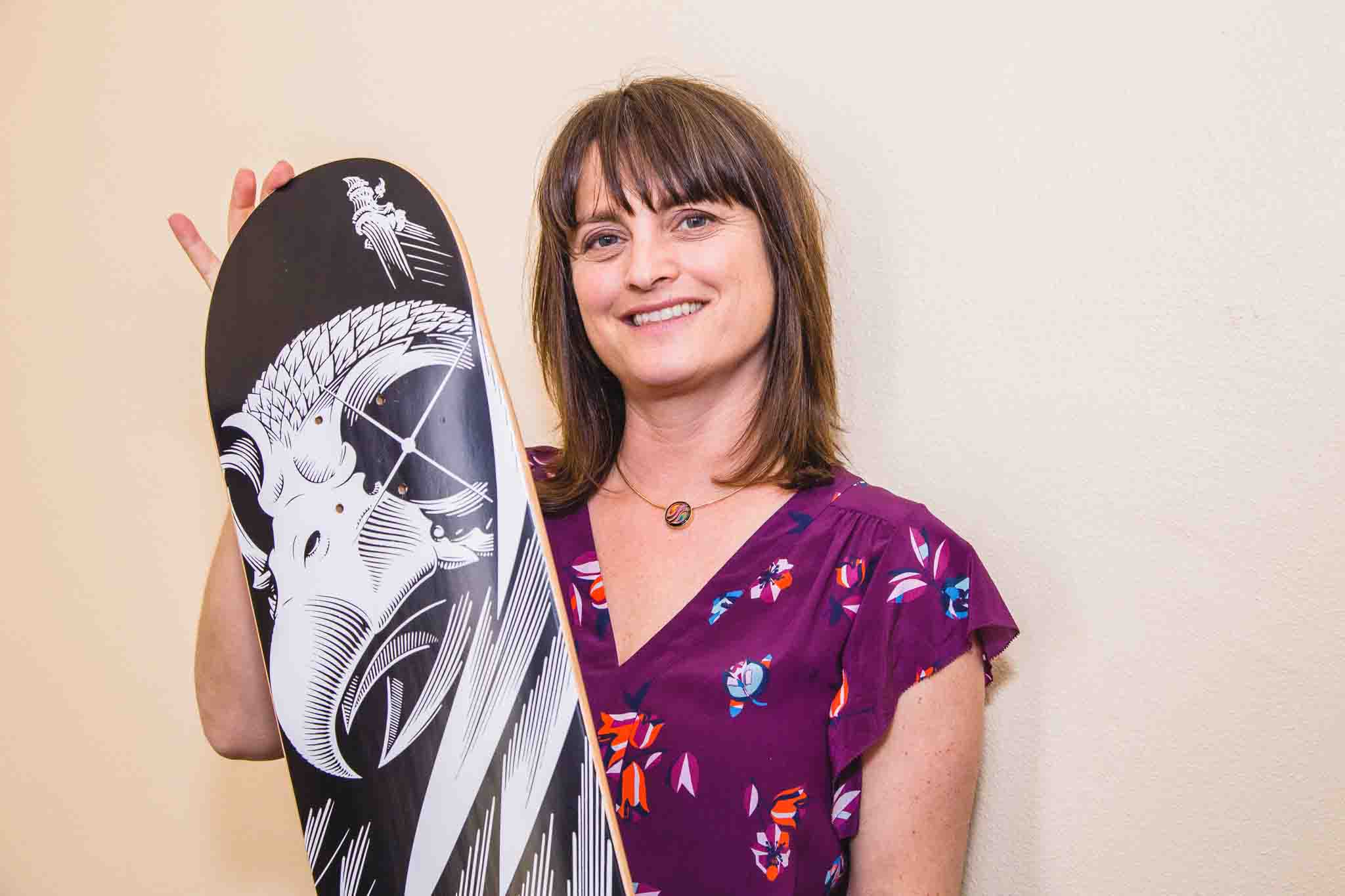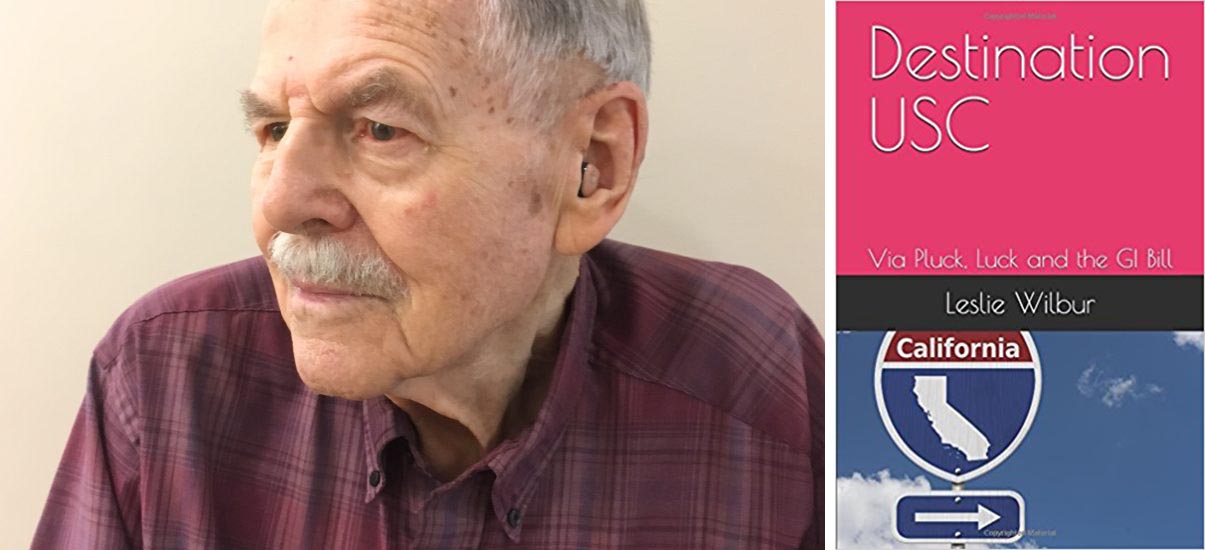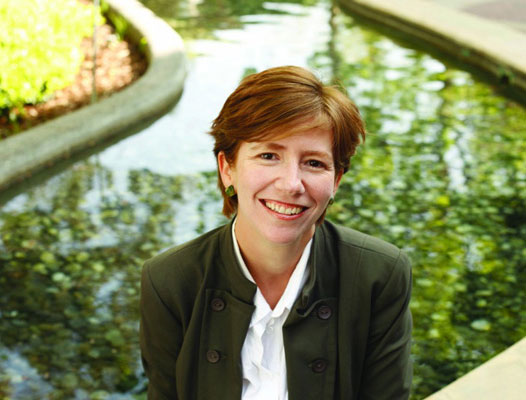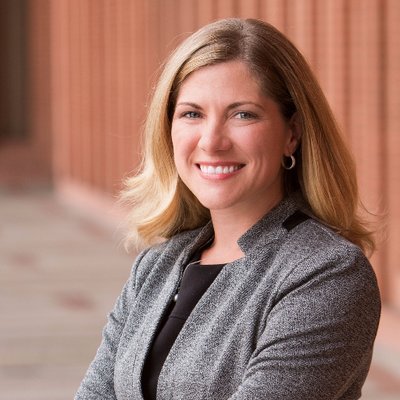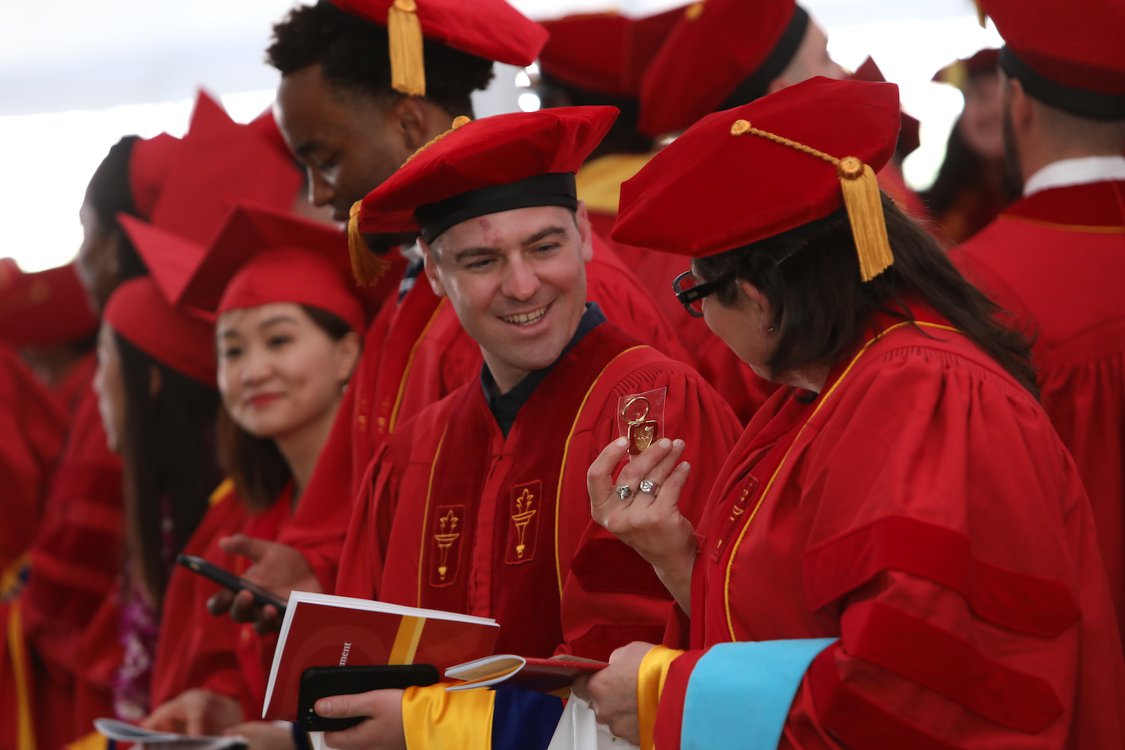Author: pulliasadmin
In grad school admissions, whom you know still matters a lot
A study finds graduate admissions committees favor students linked to well-known schools and scholars. Abstract | Full article HTML | Full article PDF How can you get into a top graduate school program? Good grades and GRE scores help, but the prestige of your recommenders or undergraduate institution might end up being the ultimate clincher. So finds Julie Posselt, a Pullias Center researcher and assistant […]
How the Pullias Lecture series got its start
The Pullias Lecture series, which brings a national leader in higher education to speak at USC each year, has been going strong since 1979. It’s brought to campus many university presidents and chancellors, leaders of major foundations, and even a former United States Secretary of Education. Now, 40 years later, the story of the lecture’s beginnings has been captured in […]
Tatiana Melguizo’s report on community college funding highlighted in Inside Higher Ed
A timely report about community college funding co-written by Pullias faculty member Tatiana Melguizo received coverage in Inside Higher Ed on June 15, 2018: California’s move toward performance funding for its community colleges could work without harming colleges that enroll large numbers of underserved student groups, according to a new report published Thursday by the Century Foundation, but only if the formula adequately takes into […]
Julie Posselt’s book ‘Inside Graduate Admissions’ reviewed in Contexts
Pullias faculty member Julie Posselt received yet another rave review for her book, Inside Graduate Admissions: Merit, Admissions, and Faculty Gatekeeping (Harvard University Press, 2016). Just published in the Spring 2018 issue of Contexts, a quarterly magazine of cutting-edge social research, the review by Northwestern University’s Lauren A. Rivera calls Inside Graduate Admissions “an enthralling read”: Inside Graduate Admissions is […]
Can community colleges improve graduation rates without marginalizing disadvantaged students?
Should community colleges with higher graduation rates get rewarded with more state funding? Or would such a plan unfairly hurt schools that serve large populations of disadvantaged students? How can we balance efficiency — moving students speedily and successfully through their education goals — with equity — making sure all students are given the support they need to succeed in […]
James Dean Ward and William G. Tierney: Brown’s plan for community colleges will harm disadvantaged students
California’s lawmakers reached an agreement on education funding last Friday, and a key part of the deal is a plan to tie the state funding community colleges receive to measures of student success. In this op-ed, Pullias research assistant James Dean Ward and Pullias co-director William G. Tierney make an urgent argument against the funding changes. ___ In his State […]
James Dean Ward successfully defends dissertation
Congratulations to Pullias research assistant James Dean Ward (above, center), who successfully defended his Ph.D. dissertation on June 11, 2018! Titled “Exploring Heterogeneous Effects of Performance-Based Funding: Implications for Equity and Policy,” Ward’s dissertation studies the rising popularity in recent years of performance-based funding policies, which tie state funding for public colleges to performance goals, such as the rate at which […]
10 things you didn’t know about gangs
A new paper takes a holistic view to illuminate why vulnerable, high-risk youth may find refuge in gangs. What is a gang member? The question sounds simple enough, yet comes with no easy answer. In fact, the difficulty of answering this question is one reason why our understanding of gangs and the youth who join them is still so limited, according […]
How Colleges Change: Understanding, Leading, and Enacting Change
Pullias co-director Adrianna Kezar offers new insights for university leaders and change agents. Available July 31, 2018. The only constant is change, as Heraclitus famously said. Yet fostering and implementing change remains a major challenge for university leaders. How can we make meaningful changes at an institution of higher education? What theories of change should be considered? And on a […]
